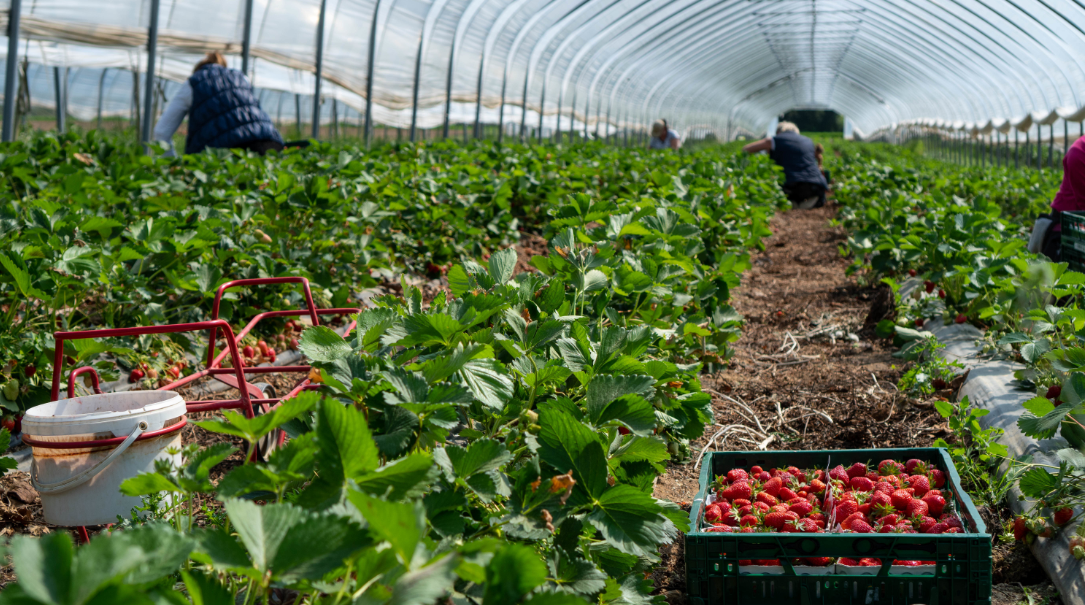
The UK government has published its much-anticipated food strategy today (13 June), following recommendations made by restaurateur Henry Dimbleby.
The report highlighted food security, export opportunities and healthy eating as Britain’s three key policy objectives in the agriculture and food sectors.
Blueprint
Prime minister Boris Johnson said, “our food strategy sets out a blueprint for how we will back farmers, boost British industry and help protect people against the impacts of future economic shocks by safeguarding our food security,” Sky News reports.
The report says it will do this by achieving the following:
- Boosting domestic food production
- Increasing pay, employment and productivity in the industry through skills training
- Halving childhood obesity and reducing healthy life expectancy gap by 2030
- Reducing greenhouse gas emissions and environmental impacts of the sector
- Supporting SMEs to make most of export opportunities
- Maintaining high standards for food consumed in the UK, “wherever it is produced”
The report also highlights the Free Trade Agreements (FTA) that the government is seeking to implement as being vital to the success of its strategy, arguing that “that the best way to keep food prices down is to keep food trade flowing” and calling for the removal of all trade-restriction measures.
Industry reaction
The report, however, has received a mixed reaction from the country’s agricultural sector and the author of the proposals it is based on.
In an interview with the Observer, National Farmers’ Union president Minette Batters also stated initial proposals by Dimbleby back in 2021 had been “stripped to the bone.”
“My greatest fear was that we would be used as a pawn in trade deals, and effectively that has been what’s happened,” she said.
Future trade deals
Dimbleby himself criticised aspects of the final report, saying to the BBC’s Today programme that “it isn’t a strategy, it’s a set of a recommendations… there is much more to do on environment. They don’t tackle trade. There’s nothing on statute.”
“If you look at trade, that’s an area where clearly there’s been a kind of arm-wrestling between those that believe Brexit’s more about free trade and those that believe it’s about protecting standards,” he added.
In additional comments made to the FT, he said “on the environment it definitely takes us forward but there is a big gap still on trade, where they haven’t explained how they are going to protect our standards from cheap imports.”
New opportunities
These comments came as new research produced by the Agriculture and Horticulture Development Board (AHDB) – a statutory board funded by farmers – showed the South-East Asian region as being a new and significant market for exports of red meat and dairy products.
Jonathan Eckley, AHDB Head of Asia, stated in the report titled ‘Exploring Asia: Understanding consumer needs’ that “meat from the UK has a good reputation, not only for its taste and high quality but also for the food-safety standards we have in the UK.”
“In many regions, the main priority for consumers is the safety of the meat they eat,” he added. “It’s therefore vital that we ensure all measures are in place to maintain our high standards through rigorous inspections and continuous monitoring.”
WTO focus
Food production is also a key focus of the WTO Ministerial Conference meeting this week.
Reuters reported that WTO director general Ngozi Okonjo-Iweala mentioned food security as one of the key items for discussion at the Geneva-based forum in her opening remarks.



